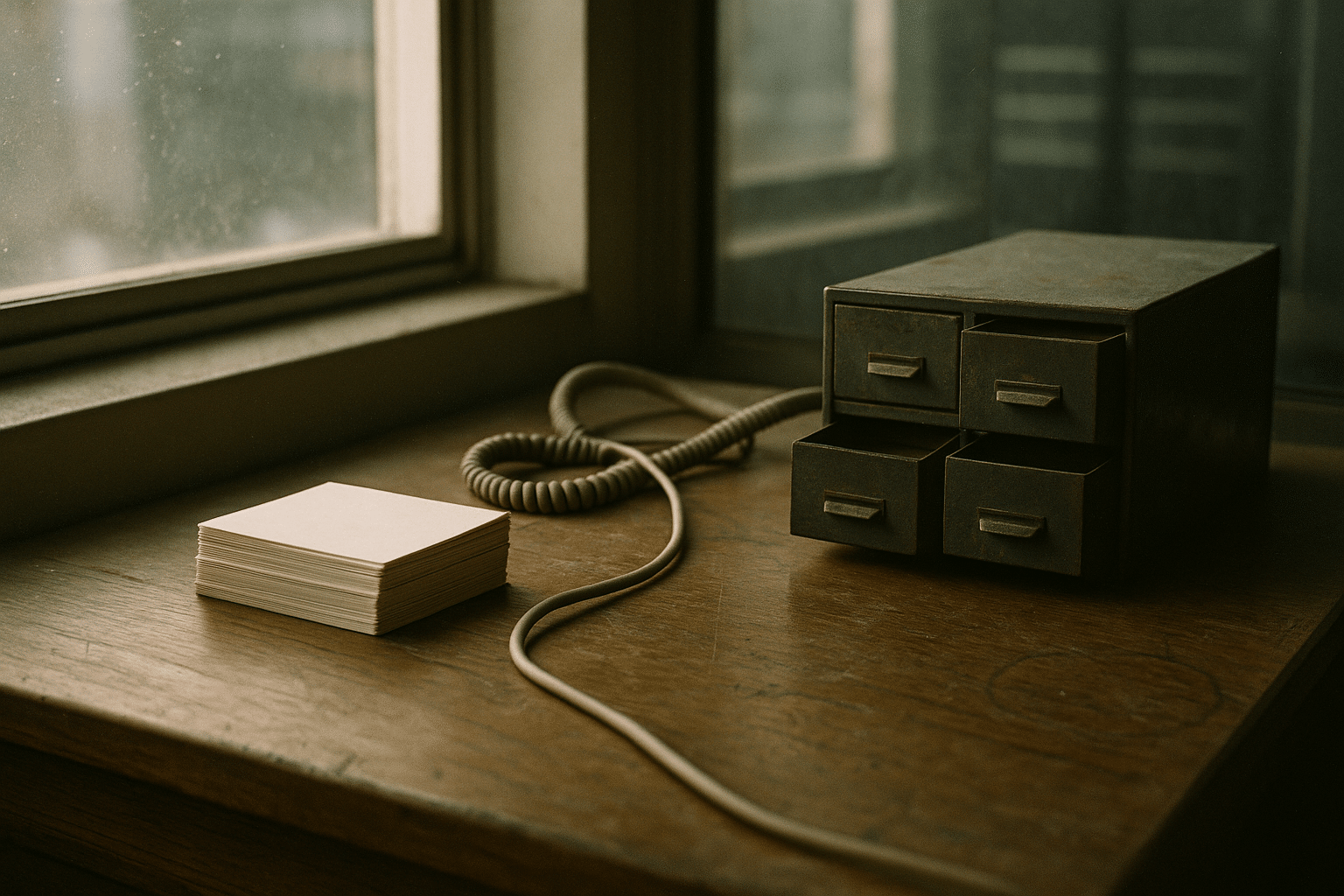
How to Unplug and Recharge from Work
Finding a balance between work commitments and personal downtime can often feel like walking a tightrope. To maintain mental and physical well-being, it’s essential to learn how to effectively unplug and recharge from work.
Understanding the Need to Unplug
The modern work environment, with its constant connectivity, can lead to burnout if not managed properly. According to a study by the American Psychological Association, chronic workplace stress is a significant factor contributing to health issues. Experts like Dr. Emma Seppälä, author of ‘The Happiness Track’, emphasize the importance of taking breaks to enhance productivity and creativity.
Signs You Need a Break
- Feeling constantly fatigued
- Difficulty concentrating
- Increased irritability
- Loss of interest in work tasks
Strategies to Recharge
Here are some practical strategies to help you disconnect and rejuvenate:
1. Schedule Downtime
Make it a priority to allocate time for relaxation daily. Whether it’s a quick walk, meditation, or reading, scheduling downtime is crucial.
2. Set Boundaries
Communicate your work hours clearly to colleagues and stick to them. This helps in reducing the pressure to be available 24/7.
3. Embrace Digital Detox
Consider setting aside specific times to turn off devices. Research from the University of Gothenburg highlights the positive effects of reducing screen time on sleep quality and mental health.
4. Engage in Physical Activity
Exercise is a powerful stress reliever. Whether it’s yoga, jogging, or a dance class, physical activity can significantly boost your mood and energy levels.
Pro Tip: Try incorporating ‘micro-breaks’ into your day. Short, 5-minute breaks every hour can improve focus and reduce stress.
Personal Anecdote
Consider the experience of Mark, a graphic designer who found himself overwhelmed by tight deadlines. By implementing a strict no-work policy after 6 PM and taking up cycling, he noticed a marked improvement in his creativity and overall job satisfaction.
Additional Resources
FAQ
Frequently Asked Questions
How often should I unplug from work?
It’s beneficial to unplug daily, even for short periods. Aim for at least one extended break each week where you completely disconnect.
What if my job doesn’t allow for downtime?
Communicate with your employer about the importance of breaks for productivity. Many workplaces are becoming more aware of this necessity.
Conclusion
Incorporating these strategies into your routine can lead to a healthier work-life balance, enhancing both personal well-being and professional performance. Begin by taking small steps today towards a more balanced lifestyle, and remember that unplugging is not a luxury—it’s a necessity for sustained success.


